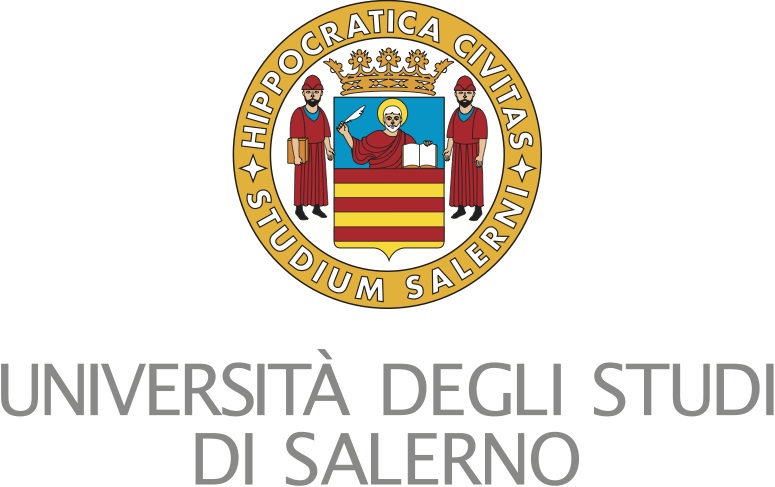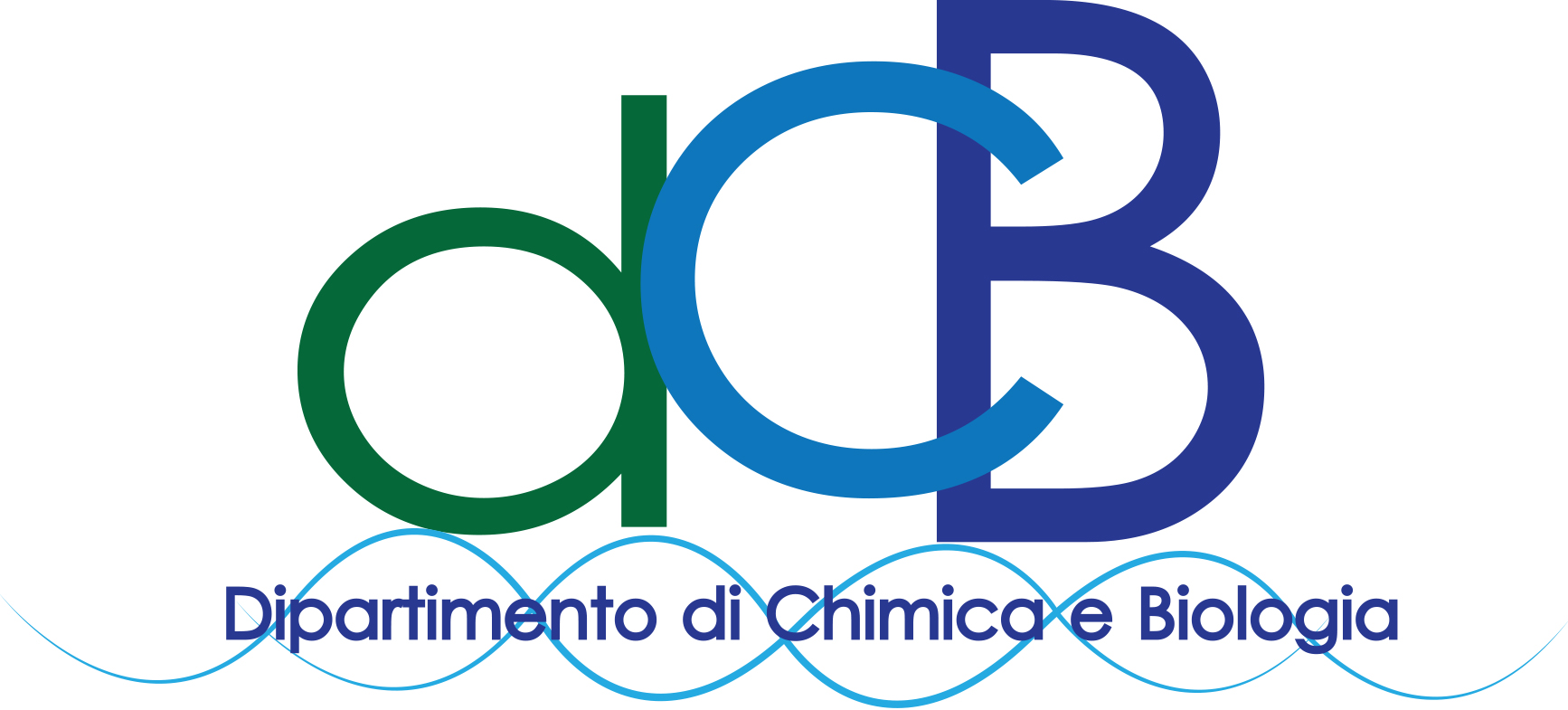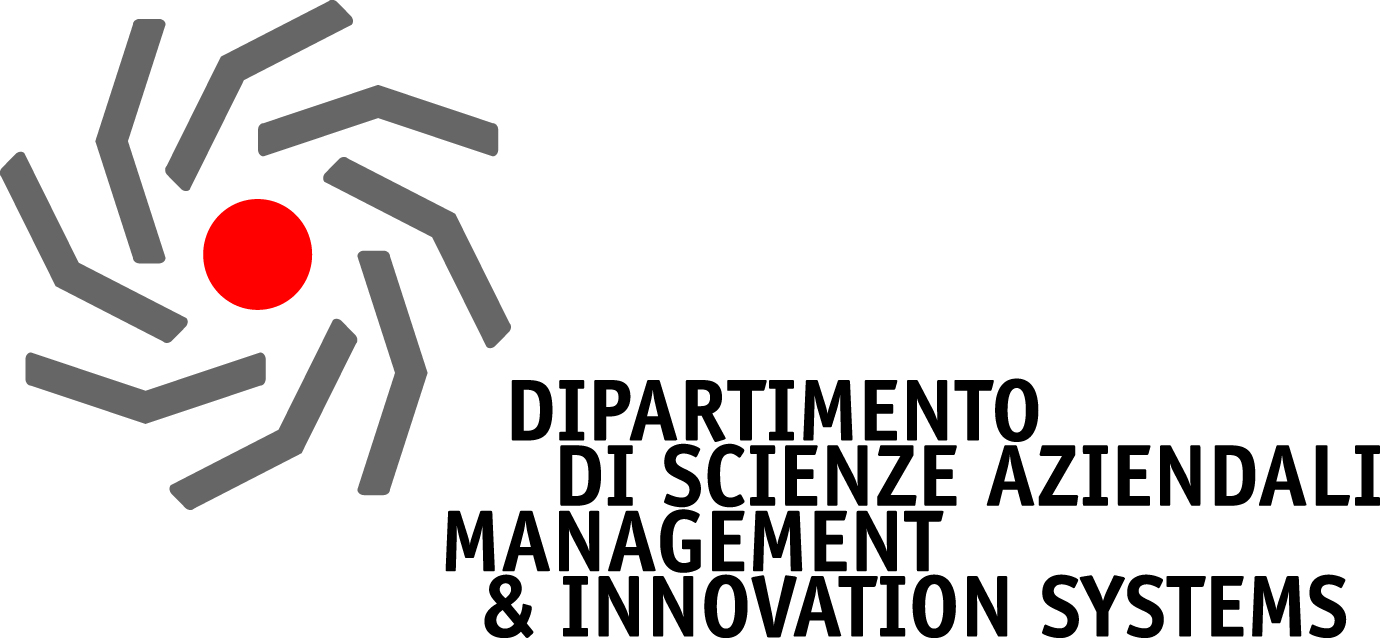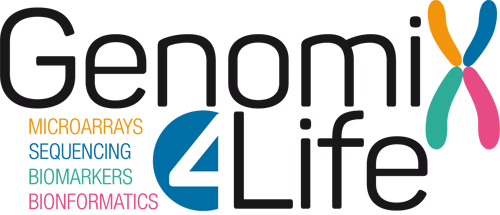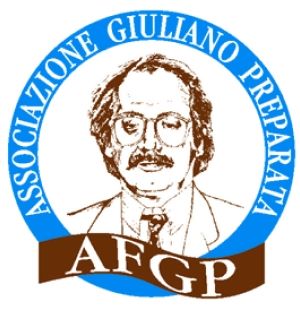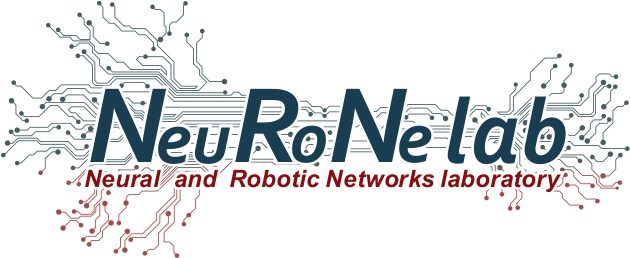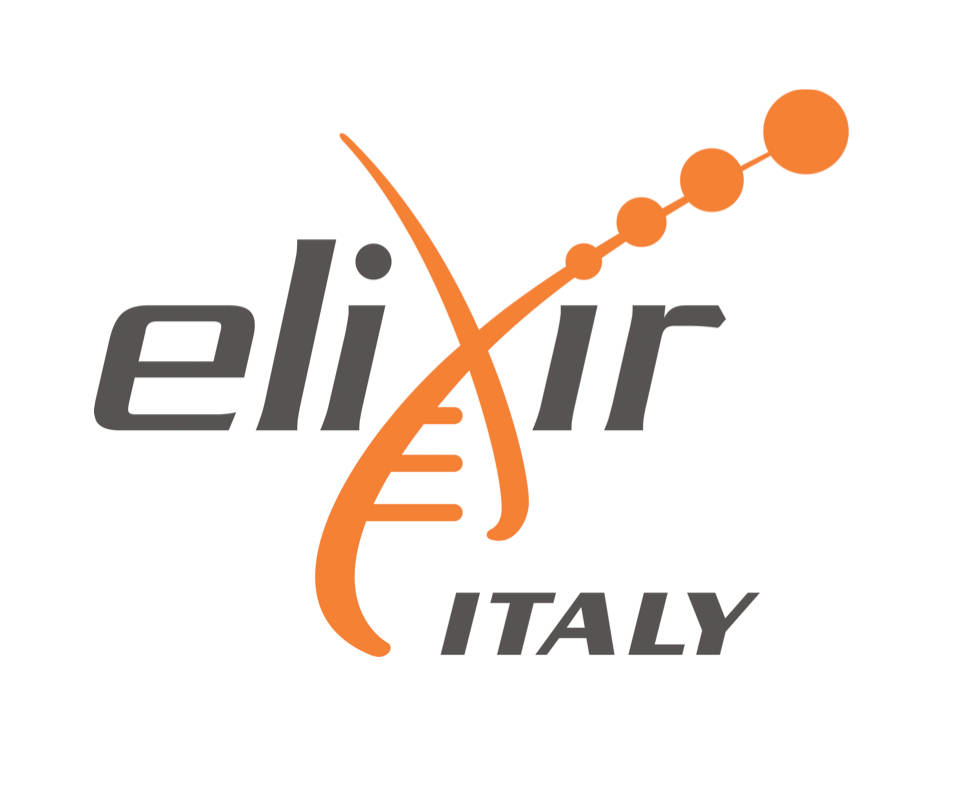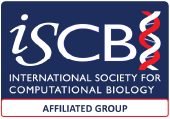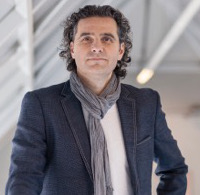 Alexandre Bonvin (1964) studied Chemistry at Lausanne University, Switzerland and obtained his PhD at Utrecht University in the Netherlands (1993). After two post-doc periods at Yale University (USA) and the ETHZ (CH) he joined Utrecht University in 1998 where he was appointed full professor of computational structural biology in 2009. In 2006, he received a prestigious VICI grant from the Dutch Research Council. He was director of chemical education from February 2009 until February 2012 and vice head of the Chemistry Department from 2010 until April 2012. He is participating to several EU projects, has coordinated the WeNMR e-Infrastructure project and is leading the MoBrain Competence Center under EGI-Engage. His work has resulted in over 180 peer-reviewed publications (Research ID A-5420-2009).
Research within the computational structural biology group focuses on the development of reliable bioinformatics and computational approaches to predict, model and dissect biomolecular interactions at atomic level. For this, bioinformatics data, structural information and available biochemical or biophysical experimental data are combined to drive the modelling process. This is implemented and further developed in the widely used HADDOCK software for the modelling of biomolecular complexes (http://bonvinlab.org/software).
By following a holistic approach integrating various experimental information sources with computational structural biology methods we aim at obtaining a comprehensive description of the structural and dynamic landscape of complex biomolecular machines, adding the structural dimension to interaction networks and opening the route to systematic and genome-wide studies of biomolecular interactions.
Alexandre Bonvin (1964) studied Chemistry at Lausanne University, Switzerland and obtained his PhD at Utrecht University in the Netherlands (1993). After two post-doc periods at Yale University (USA) and the ETHZ (CH) he joined Utrecht University in 1998 where he was appointed full professor of computational structural biology in 2009. In 2006, he received a prestigious VICI grant from the Dutch Research Council. He was director of chemical education from February 2009 until February 2012 and vice head of the Chemistry Department from 2010 until April 2012. He is participating to several EU projects, has coordinated the WeNMR e-Infrastructure project and is leading the MoBrain Competence Center under EGI-Engage. His work has resulted in over 180 peer-reviewed publications (Research ID A-5420-2009).
Research within the computational structural biology group focuses on the development of reliable bioinformatics and computational approaches to predict, model and dissect biomolecular interactions at atomic level. For this, bioinformatics data, structural information and available biochemical or biophysical experimental data are combined to drive the modelling process. This is implemented and further developed in the widely used HADDOCK software for the modelling of biomolecular complexes (http://bonvinlab.org/software).
By following a holistic approach integrating various experimental information sources with computational structural biology methods we aim at obtaining a comprehensive description of the structural and dynamic landscape of complex biomolecular machines, adding the structural dimension to interaction networks and opening the route to systematic and genome-wide studies of biomolecular interactions. Speakers
13th Annual Meeting of the Bioinformatics Italian Society
June 15-17, 2016, University of Salerno, Italy
Invited speakers
Alexandre Bonvin
 Alexandre Bonvin (1964) studied Chemistry at Lausanne University, Switzerland and obtained his PhD at Utrecht University in the Netherlands (1993). After two post-doc periods at Yale University (USA) and the ETHZ (CH) he joined Utrecht University in 1998 where he was appointed full professor of computational structural biology in 2009. In 2006, he received a prestigious VICI grant from the Dutch Research Council. He was director of chemical education from February 2009 until February 2012 and vice head of the Chemistry Department from 2010 until April 2012. He is participating to several EU projects, has coordinated the WeNMR e-Infrastructure project and is leading the MoBrain Competence Center under EGI-Engage. His work has resulted in over 180 peer-reviewed publications (Research ID A-5420-2009).
Research within the computational structural biology group focuses on the development of reliable bioinformatics and computational approaches to predict, model and dissect biomolecular interactions at atomic level. For this, bioinformatics data, structural information and available biochemical or biophysical experimental data are combined to drive the modelling process. This is implemented and further developed in the widely used HADDOCK software for the modelling of biomolecular complexes (http://bonvinlab.org/software).
By following a holistic approach integrating various experimental information sources with computational structural biology methods we aim at obtaining a comprehensive description of the structural and dynamic landscape of complex biomolecular machines, adding the structural dimension to interaction networks and opening the route to systematic and genome-wide studies of biomolecular interactions.
Alexandre Bonvin (1964) studied Chemistry at Lausanne University, Switzerland and obtained his PhD at Utrecht University in the Netherlands (1993). After two post-doc periods at Yale University (USA) and the ETHZ (CH) he joined Utrecht University in 1998 where he was appointed full professor of computational structural biology in 2009. In 2006, he received a prestigious VICI grant from the Dutch Research Council. He was director of chemical education from February 2009 until February 2012 and vice head of the Chemistry Department from 2010 until April 2012. He is participating to several EU projects, has coordinated the WeNMR e-Infrastructure project and is leading the MoBrain Competence Center under EGI-Engage. His work has resulted in over 180 peer-reviewed publications (Research ID A-5420-2009).
Research within the computational structural biology group focuses on the development of reliable bioinformatics and computational approaches to predict, model and dissect biomolecular interactions at atomic level. For this, bioinformatics data, structural information and available biochemical or biophysical experimental data are combined to drive the modelling process. This is implemented and further developed in the widely used HADDOCK software for the modelling of biomolecular complexes (http://bonvinlab.org/software).
By following a holistic approach integrating various experimental information sources with computational structural biology methods we aim at obtaining a comprehensive description of the structural and dynamic landscape of complex biomolecular machines, adding the structural dimension to interaction networks and opening the route to systematic and genome-wide studies of biomolecular interactions. Janusz Bujnicki
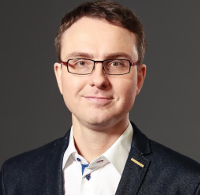 Janusz Bujnicki (born 1975) is Professor of Biology, and head of a research group at IIMCB in Warsaw and at Adam
Mickiewicz University, Poznań, Poland. He graduated from the Faculty of Biology, University of Warsaw in 1998, defended his
PhD in 2001, was awarded with habilitation in 2005, and with the professor title in 2009.
His research combines bioinformatics, structural and synthetic biology, and his achievements include the development of methods
for computational modeling of protein and RNA 3D structures, discovery and characterization of enzymes involved in RNA
metabolism, and engineering of proteins with new functions.
Bujnicki is an author of > 280 publications, which have been cited >5300 times (self-citations excluded), Hirsch index 37
(according to Scopus).
He received numerous awards, prizes, fellowships, and grants including EMBO/HHMI Young Investigator Programme award,
ERC Starting Grant, award of the Ministry of Science and award of the Prime Minister, and was decorated with the Knight's Cross
of the Order of Polonia Restituta by the President of the Republic of Poland. In 2013 he won the national plebiscite “Poles with
Verve” in the Science category.
He has been involved in various scientific organizations and bodies, including the Polish Young Academy, Citizens of Science,
Science Europe, and Scientific Policy Committee. He is also an executive editor of the journal Nucleic Acids Research.
Janusz Bujnicki (born 1975) is Professor of Biology, and head of a research group at IIMCB in Warsaw and at Adam
Mickiewicz University, Poznań, Poland. He graduated from the Faculty of Biology, University of Warsaw in 1998, defended his
PhD in 2001, was awarded with habilitation in 2005, and with the professor title in 2009.
His research combines bioinformatics, structural and synthetic biology, and his achievements include the development of methods
for computational modeling of protein and RNA 3D structures, discovery and characterization of enzymes involved in RNA
metabolism, and engineering of proteins with new functions.
Bujnicki is an author of > 280 publications, which have been cited >5300 times (self-citations excluded), Hirsch index 37
(according to Scopus).
He received numerous awards, prizes, fellowships, and grants including EMBO/HHMI Young Investigator Programme award,
ERC Starting Grant, award of the Ministry of Science and award of the Prime Minister, and was decorated with the Knight's Cross
of the Order of Polonia Restituta by the President of the Republic of Poland. In 2013 he won the national plebiscite “Poles with
Verve” in the Science category.
He has been involved in various scientific organizations and bodies, including the Polish Young Academy, Citizens of Science,
Science Europe, and Scientific Policy Committee. He is also an executive editor of the journal Nucleic Acids Research.Talk at BITS2016: Computational modeling and design of RNA 3D structure and protein-RNA complexes
Michael M. Hoffman
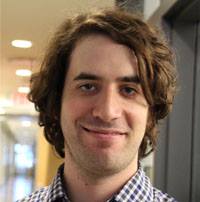 Michael Hoffman is a principal investigator at the Princess Margaret Cancer Centre and Assistant Professor in the Departments of Medical Biophysics and Computer Science, University of Toronto. He researches the application of machine learning techniques to epigenomic data. He previously led the National Institutes of Health ENCODE Project's large-scale integration task group while at the University of Washington. He has a PhD from the University of Cambridge, where he conducted computational genomics studies at the European Bioinformatics Institute. He also has a B.S. in Biochemistry and a B.A. in the Plan II Honors Program at The University of Texas at Austin. He was named a Genome Technology Young Investigator and has received several awards for his academic work, including a NIH K99/R00 Pathway to Independence Award.
Michael Hoffman is a principal investigator at the Princess Margaret Cancer Centre and Assistant Professor in the Departments of Medical Biophysics and Computer Science, University of Toronto. He researches the application of machine learning techniques to epigenomic data. He previously led the National Institutes of Health ENCODE Project's large-scale integration task group while at the University of Washington. He has a PhD from the University of Cambridge, where he conducted computational genomics studies at the European Bioinformatics Institute. He also has a B.S. in Biochemistry and a B.A. in the Plan II Honors Program at The University of Texas at Austin. He was named a Genome Technology Young Investigator and has received several awards for his academic work, including a NIH K99/R00 Pathway to Independence Award.Talk at BITS2016: Modeling methyl-sensitive transcription factor motifs with an expanded epigenetic alphabet
Susanna-Assunta Sansone
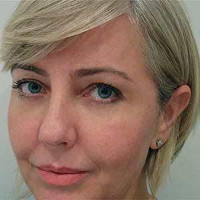 Susanna Sansone is an Associate Director at the Oxford e-Research Centre and a consultant for Nature Publishing Group (NPG) and Scientific Data, a new open access data publication platform.
As Principal Investigator at the Centre, her activities are around and in support of data curation, management and publication and their pivotal roles in enabling reproducible research, driving science and discoveries. For the last fifteen years, her research interests and activities have centred on the capture and representation of multi-dimensional biological, biomedical and health sciences data; ensuring value is not lost and facilitating the interpretation and the corroboration of results, making for more efficient practice. She collaborates with data producers and service providers, and pre-competitive informatics initiatives, journals and funding agencies to develop software, promote the creation and uptake of community-developed ontology and semantic web methodologies. Standards-driven curation helps providing a coherent representation of the experimental information for meta-comparisons, facilitating data interoperability and the analytical workflow. BioSharing and ISA are long-standing and mature infrastructure and resources run by her team, serving a variety of stakeholder communities in the life sciences, providing them with access to: registries of information on open community standards and a suite of software for collection, curation and storage of data and its provenance, along with semantic technologies and data publication methods.
She leads the Centre in several RCUK, EC and pharma-funded projects and in the ELIXIR UK Node, where she is responsible for standards and curation areas; she is also the international partner in two NIH Big Data to Knowledge Centers of Excellence. She is a founding and core member of several international grass-root standards and advocacy groups, and seats on the board of few non-for-profit efforts, including Dryad, the Research Data Alliance, and Force11 working on promoting and supporting the data reproducibility agenda.
Susanna Sansone is an Associate Director at the Oxford e-Research Centre and a consultant for Nature Publishing Group (NPG) and Scientific Data, a new open access data publication platform.
As Principal Investigator at the Centre, her activities are around and in support of data curation, management and publication and their pivotal roles in enabling reproducible research, driving science and discoveries. For the last fifteen years, her research interests and activities have centred on the capture and representation of multi-dimensional biological, biomedical and health sciences data; ensuring value is not lost and facilitating the interpretation and the corroboration of results, making for more efficient practice. She collaborates with data producers and service providers, and pre-competitive informatics initiatives, journals and funding agencies to develop software, promote the creation and uptake of community-developed ontology and semantic web methodologies. Standards-driven curation helps providing a coherent representation of the experimental information for meta-comparisons, facilitating data interoperability and the analytical workflow. BioSharing and ISA are long-standing and mature infrastructure and resources run by her team, serving a variety of stakeholder communities in the life sciences, providing them with access to: registries of information on open community standards and a suite of software for collection, curation and storage of data and its provenance, along with semantic technologies and data publication methods.
She leads the Centre in several RCUK, EC and pharma-funded projects and in the ELIXIR UK Node, where she is responsible for standards and curation areas; she is also the international partner in two NIH Big Data to Knowledge Centers of Excellence. She is a founding and core member of several international grass-root standards and advocacy groups, and seats on the board of few non-for-profit efforts, including Dryad, the Research Data Alliance, and Force11 working on promoting and supporting the data reproducibility agenda.Talk at BITS2016: On community-standards, data curation and scholarly communication
Highlight speakers
Stefano Ceri
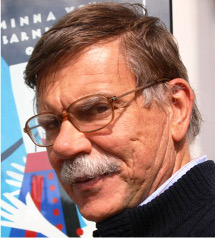 Stefano Ceri is Professor at the Dipartimento di Elettronica, Informazione e Bioingegneria (DEIB) of Politecnico di Milano. He obtained his Dr. Eng. Degree from Politecnico di Milano in July 1978. He was Visiting Professor at the Computer Science Department of Stanford University (1983-1990), Chairman of the Computer Science Section of DEI (1992-2004), Director of Alta Scuola Politecnica (ASP) of Politecnico di Milano and Politecnico di Torino (2010-2013). His research work covers four decades (1976-2016) and has been generally concerned with extending database technology to incorporate new features: distribution, object-orientation, rules, streaming data, crowd-based and genomic computing. He has been awarded two advanced ERC Grants on "Search Computing" (2008-2013) and "Genomic Computing" (2016-2021). He is co-founder (2001) of WebRatio. He is the recipient of the ACM-SIGMOD "Edward T. Codd Innovation Award" (2013), an ACM Fellow and member of the Academia Europaea.
Stefano Ceri is Professor at the Dipartimento di Elettronica, Informazione e Bioingegneria (DEIB) of Politecnico di Milano. He obtained his Dr. Eng. Degree from Politecnico di Milano in July 1978. He was Visiting Professor at the Computer Science Department of Stanford University (1983-1990), Chairman of the Computer Science Section of DEI (1992-2004), Director of Alta Scuola Politecnica (ASP) of Politecnico di Milano and Politecnico di Torino (2010-2013). His research work covers four decades (1976-2016) and has been generally concerned with extending database technology to incorporate new features: distribution, object-orientation, rules, streaming data, crowd-based and genomic computing. He has been awarded two advanced ERC Grants on "Search Computing" (2008-2013) and "Genomic Computing" (2016-2021). He is co-founder (2001) of WebRatio. He is the recipient of the ACM-SIGMOD "Edward T. Codd Innovation Award" (2013), an ACM Fellow and member of the Academia Europaea.Talk at BITS2016: Data-Driven genomic computing: Making sense of the signals from the genome
Tommaso Mazza
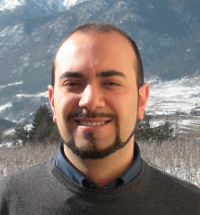 Tommaso Mazza has obtained his PhD in Computer Science and Biomedical Engineering at the University 'Magna Grecia' of Catanzaro in November 2007. He was a visiting scientist at Microsoft Research Cambridge and research fellow at Microsoft Research-COSBI (Trento) from January 2008, where he applied parallel stochastic simulation techniques to biological systems. From October 2010 to June 2011, he worked in the Laboratory of Translational Genomics at the Center for Integrative Biology (CIBIO) where he contributed to the creation of AURA: the Atlas of UTR Regulatory Activity. Since 2007, he is member of the Bioinformatics Italian Society (B.IT.S.), associate editor of the journal Briefings in Bioinformatics and member of the steering committee of the Computational Methods in Systems Biology (CMSB) society. In July 2011, he was appointed Vice President for Europe of the IEEE Technical Committee for Simulation (TC-SIM) and researcher at IRCCS Casa Sollievo della Sofferenza (FG) and CSS-Mendel (Rome), where he coordinates the Bioinformatics Unit.
Scientific Interests: topological analysis of biological networks; parallel and distributed computing; techniques for efficient storage of biological data; standard languages for biology; biomarker discovery.
Tommaso Mazza has obtained his PhD in Computer Science and Biomedical Engineering at the University 'Magna Grecia' of Catanzaro in November 2007. He was a visiting scientist at Microsoft Research Cambridge and research fellow at Microsoft Research-COSBI (Trento) from January 2008, where he applied parallel stochastic simulation techniques to biological systems. From October 2010 to June 2011, he worked in the Laboratory of Translational Genomics at the Center for Integrative Biology (CIBIO) where he contributed to the creation of AURA: the Atlas of UTR Regulatory Activity. Since 2007, he is member of the Bioinformatics Italian Society (B.IT.S.), associate editor of the journal Briefings in Bioinformatics and member of the steering committee of the Computational Methods in Systems Biology (CMSB) society. In July 2011, he was appointed Vice President for Europe of the IEEE Technical Committee for Simulation (TC-SIM) and researcher at IRCCS Casa Sollievo della Sofferenza (FG) and CSS-Mendel (Rome), where he coordinates the Bioinformatics Unit.
Scientific Interests: topological analysis of biological networks; parallel and distributed computing; techniques for efficient storage of biological data; standard languages for biology; biomarker discovery.